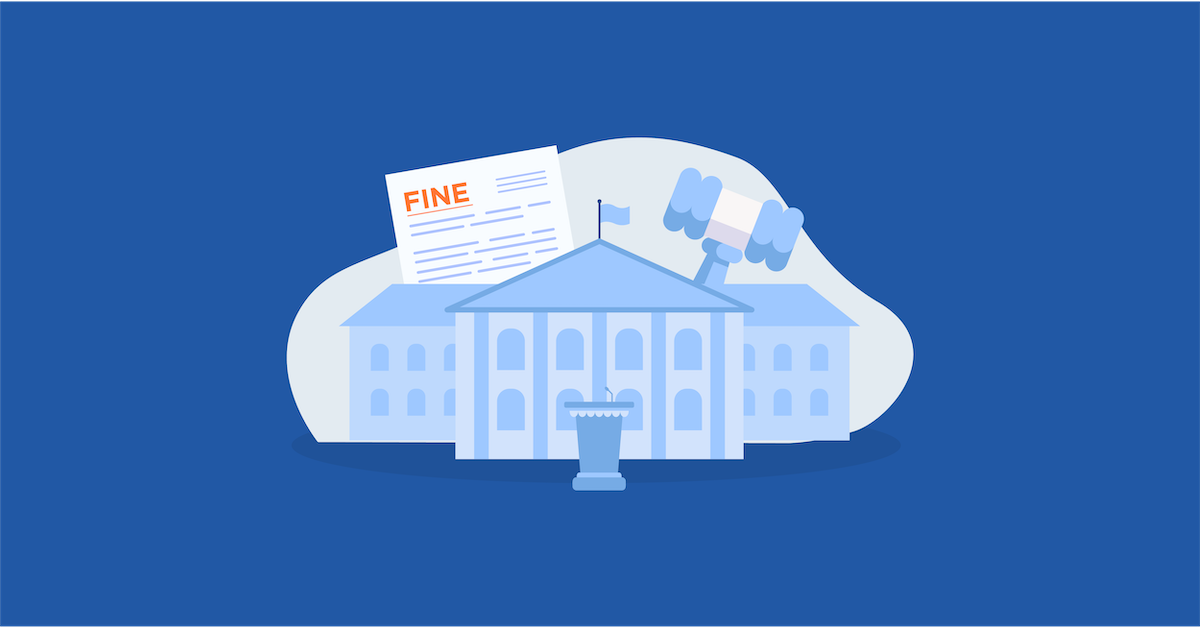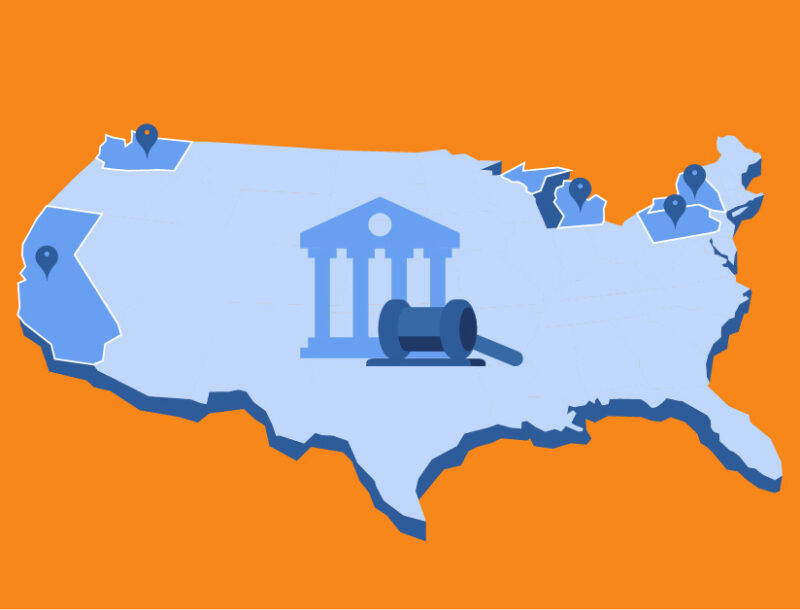Important Considerations for Financial Institutions During COVID-19

There has been a huge response by federal and state governments to protect consumers, businesses and the economy during COVID-19. Regulators have been encouraging Financial Institutions to meet the needs of their consumers and have offered an abundance of documents, rules and press releases for guidance on how to do so safely and legally.
Last week, we sat in on Venable LLP’s consumer financial services update webinar and identified 3 major takeaways for financial institutions on how to comply while best serving consumers.
Compliance is Key
Compliance is critical for financial institutions during this time of crisis. There are new updates and guidelines from federal and state regulators being released continuously on how they intend to provide flexibility to financial institutions during this time, as well as what guidelines they’ll use to determine taking enforcement actions against those doing harm to consumers.
Now is not the time to ease up on compliance. Regulators say that they “will be sensitive to good-faith efforts demonstrably designed to assist consumers,” but will take a substantial look and take action on noncompliant companies. Financial institutions should exercise caution, be mindful of what’s expected from them during this pandemic and take the necessary actions to insulate themselves from scrutiny.
Regulators Are Still Working Hard
Federal Trade Commission (FTC)
The FTC is joining the majority of organizations that are working from home, but are still operating business as usual. We can anticipate that they will be monitoring any claims related to COVID-19, including unsupported claims about treatments, and sending out warning letters.
In a recent press release, Chairman Joe Simmons stated that “the FTC is ready to assist businesses that may seek guidance about compliance obligations on consumer protection issues during this unprecedented time.” While the Commission will be flexible during this time, they will not tolerate any businesses that take advantage of consumers’ concerns, fears or financial distress.
Consumer Financial Protection Bureau (CFPB)
The CFPB is also working from home, and like the FTC, they are fully functional and operating. The Bureau recently released several pieces of guidance reminding financial institutions that they are watching, as well as resources for consumers on how to protect themselves and their finances during COVID-19. Specifically, the Bureau is encouraging consumers to utilize their Complaint Portal and submit their complaints. Organizations should monitor these complaints as they come in and respond in a timely and appropriate manner.
The Bureau’s latest release advises that they will be considering the circumstances that businesses may face as a result of COVID-19 and will be sensitive to good-faith efforts to assist consumers.
State Agencies
Individual state agencies are providing their own guidance and are working with federal regulators to issue joint guidance on how to meet the financial needs of consumers. Among other things, these agencies will provide regulatory assistance to affected institutions and will work with them in scheduling examinations to minimize the burden.
The Conference of State Bank Supervisors (CSBS) also has a webpage dedicated to COVID-19 updates on state and state-federal response. Check here for any state-specific guidelines or updates.
Remote Work is a Big Challenge for Financial Services
For many companies, working remotely is proving to be one of the biggest changes. Providing guidance will be critical in order for organizations to protect themselves from compliance risks.
Organizations should update policies and procedures for the current situation and share with their employees. Keeping documentation of these policies and monitoring employees’ activity will be important for any future compliance review or investigation to help regulators understand their actions and to help prove that they acted in good faith.
Overall, organizations should continue to maintain good compliance management systems. They should encourage employees to continue with best practices and make it be known that the quality expectation remains the same as if they were working in the office. This will help mitigate both reputational and regulatory risk in the coming months.
Learn how PerformLine’s automated compliance solution can help protect your organization by speaking with one of our experts today.


